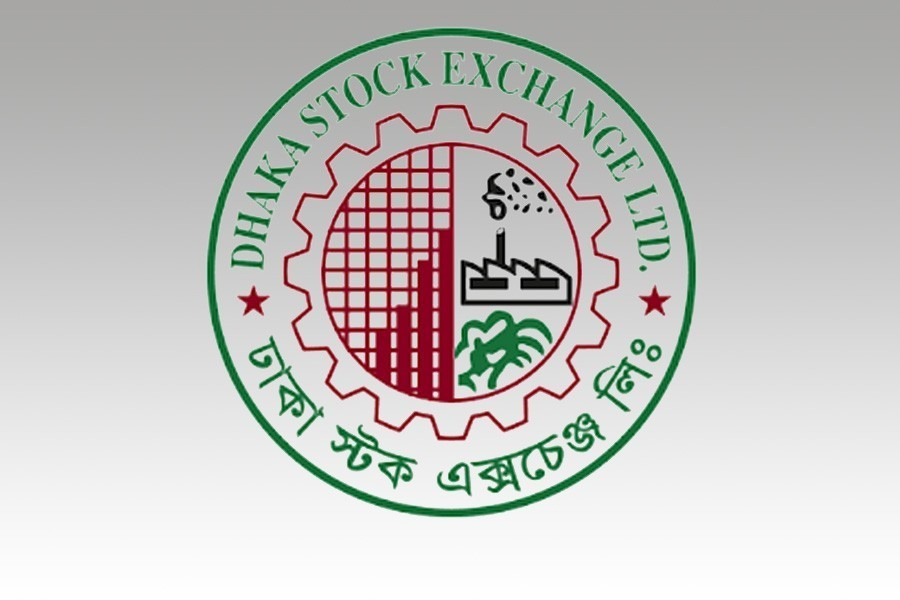What investors yearn for as CA to discuss market with govt top brass

Published :
Updated :

 Stakeholders of the capital market are looking forward to today's meeting where the Chief Advisor is expected to listen to measures taken so far to help stabilise the market and give a direction in the next course of action.
Stakeholders of the capital market are looking forward to today's meeting where the Chief Advisor is expected to listen to measures taken so far to help stabilise the market and give a direction in the next course of action.
Dr. Salehuddin Ahmed, finance adviser; Anisuzzaman Chowdhury, special assistant to the CA, Ms Nazma Mobarek, secretary of the Financial Institutions Division (FID) and Khondoker Rashed Maqsood, chairman of the Bangladesh Securities and Exchange Commission (BSEC), are scheduled to meet CA Muhammad Yunus at the CA's residence Jamuna in the capital to discuss issues tied to the secondary market.
Sources at the Ministry of Finance (MoF) said the meeting titled 'Development and Strengthening of the Capital Market' would stress the need for bringing stability in the market and improving its depth.
 "People will be informed of the suggested measures and the CA's guidance for market development," said a source at the ministry, who is familiar with the meeting agenda.
"People will be informed of the suggested measures and the CA's guidance for market development," said a source at the ministry, who is familiar with the meeting agenda.
Talking to the FE over the phone, Mr Chowdhury said, "The chief adviser will know the steps taken so far for market's development. Then some directions may come from him."
Industry insiders said many stakeholders are not happy with the performance of the securities regulator; they think the BSEC has limited its function to taking actions against wrongdoers in the market, brushing aside everyday market affairs and market's development.
The major issues that come in the way of market's development include a lack of quality scrips and budgetary incentives for listing.
There are 380 listed companies in total but the number of investable securities is very limited.
As a result, the market's strength is very poor and junk stocks dominate the trading floor.
Non-listed companies with good fundamentals are reluctant to go public in the absence of sufficient tax incentives and proper valuation.
Secondly, it's easy for companies to arrange necessary funds from banks, no need to raise funds by floating an IPO complying with a strict regulatory process. The easy bank financing, however, is the reason behind the mounting non-performing loans (NPLs).
Experts spoke about a mandatory provision of fund raising from the market by companies when they surpass a certain level of capital base.
Mazeda Khatun, president of the Bangladesh Merchant Bankers Association (BMBA), said the market base must be strengthened through listing of state-owned enterprises (SoEs) and good-performing private companies.
"The government should take the decision in principle to ensure the listing of investable SoEs to attract investors to the market," she said.
The president of DSE Brokers Association (DBA) Saiful Islam said they are expecting assurance of tax incentives from today's meeting.
"Now it's very easy to do the listing of SoEs as there is no vested quarter and political influence that may hinder the listing of such companies."
Bureaucratic tangles were also a hindrance to the listing of profitable SoEs.
"The interim government should facilitate the listing of at least 10 SoEs alongside widening tax gap for listed and non-listed companies and the removal of double taxation," Mr Islam said.
The narrow gap between the corporate tax rates for listed and non-listed firms, which was cut to 5 per cent from 10 per cent last year, is a factor behind the reluctance of good companies to go public.
In the absence of proper initiatives, the listing of multinational companies (MNCs) and business entities of renowned groups also could not be possible.
Stakeholders are expecting that these issues would be discussed at today's meeting and specific directions would come from the CA to address them.
Today's meeting has been organised against the backdrop of a persistent fall of equities, which repeatedly sparked protests by aggrieved investors. Protesters even demanded the removal of the chairman of the securities regulator.
Despite a recent "immediate action plan" announced by the securities regulator, the market has failed to see any recovery. It instead experienced further erosion.
The DSEX, broad index of the Dhaka bourse, lost 6 per cent or 323 points in about two months to Thursday to fall below 5,000 points.
In this situation, market stakeholders expect the attention of the government's top brass to the market.
Insider said the meeting with the CA rekindled hope among investors.
The DSEX experienced a record fall of 149 points on Wednesday, leaving the index in a five-year low position over concerns over the India- Pakistan conflict.
The following day, the broad index recovered 100 points. Stakeholders said the scheduled meeting with the CA played a role behind the loss recovery.
mufazzal.fe@gmail.com


 For all latest news, follow The Financial Express Google News channel.
For all latest news, follow The Financial Express Google News channel.